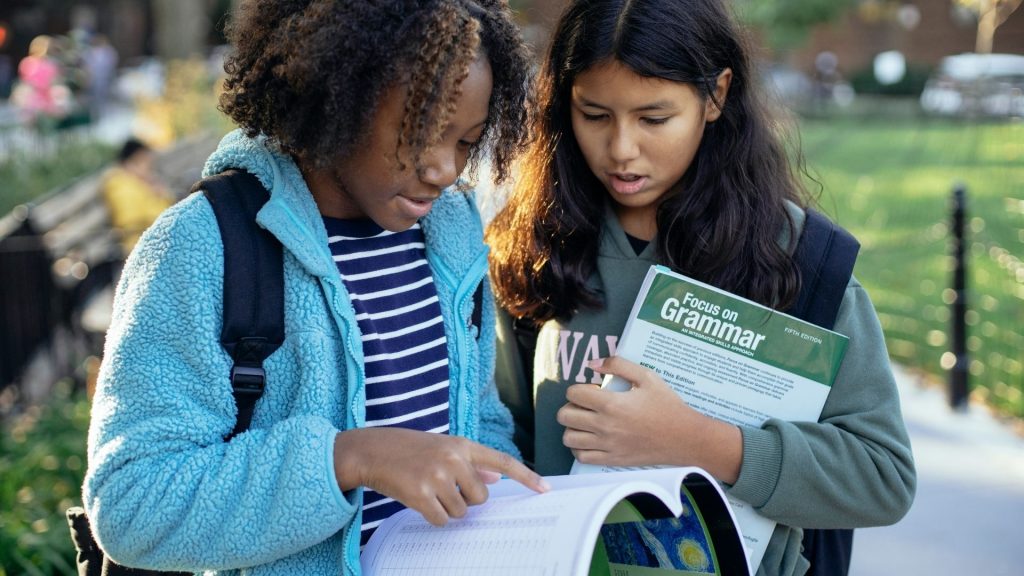Lawmaker Proposes Bill To Mandate Struggling Students Be Held Back A Grade
A lawmakers is once again proposing a bill to hold back young struggling Louisiana students if they fail to meet standards.

State representative Richard Nelson is working to hold struggling Louisiana students back. While debates over whether grade retention is equitable or helpful for students, learning loss has been plaguing the public education system. While some districts’ approach to solving the problem is remedial lessons for entire classes, this punishes students who excel and disrupts their progress. In addition, struggling Louisiana students are not filling in learning gaps as quickly as expected and so new proposed legislation is directly addressing that fact.
Nelson’s bill was inspired by academic success rates in nearby Mississippi. While various public school experts decry holding struggling Louisiana students back, this method has improved reading scores in the neighboring state. Just this past May, third-grade students were able to pass reading tests at near pre-pandemic rates in Mississippi.
Mississippi’s approach is serving as a solid example of solving the pandemic learning crisis. Instead of slowing down classes, the state has offered tutoring services and continued to hold students to the same standards as they would have pre-pandemic. This means that third grade students are required to pass the Mississippi Academic Assessment Program (MAAP), and those who cannot are held back. This has led teachers to work harder to help students improve their proficiency rates while also encouraging parents and students to work together to reach achievement levels at home. Whether this approach could aid struggling Louisiana students or not is still up for debate.
Despite efforts to fill in pandemic learning gaps, Louisiana’s LEAP scores have displayed an ongoing pattern of learning loss. Nelson expressed his concern for struggling Louisians students by stating, “Much has been written about Louisiana’s literacy crisis. Unfortunately, many of our students can’t read it.”
This “literacy crisis” cannot be ignored. He also noted the fact that minority students made significant gains in Mississippi due to the state’s literacy initiative. Despite this, struggling Louisiana students are not likely to see changes affect them this school year. Nelson’s bill requiring students to prove their reading proficiency in order to move up a grade failed to reach approval with the state senate.
Although most schools have returned to normal educational practices after the pandemic, children across the nation are still scoring lower in reading and math proficiency. Learning gaps have become so common that states are allocating covid-19 relief funds for private tutoring services and extra school days. Struggling Louisians students are in need of proper academic attention, yet if teachers are expected to help children learn material they have already been taught, this slows down the children who have already moved on and distracts them from continuing to progress.

Opponents fear that grade retention has too many negative consequences. Instead of allowing struggling Louisiana students to catch up in their own time, it directly holds them back until they learn the knowledge needed to progress. This is considered racist to some being that minority students are more likely to be affected. But whether this is due to lifestyle and family choices has yet to be determined. Minority students are more likely to come from single-parent households with mothers or fathers who are working long hours and unable to provide the academic support needed to catch up on learning material.
Whether teachers, students, and parents are eventually held accountable for their academic efforts in the future is unknown. For now, the current standards remain. Struggling Louisiana students can be moved on even if they cannot read or write at their current grade level and that is likely to affect class progress throughout this school year. But if Nelson’s proposal passes, that could soon change.



